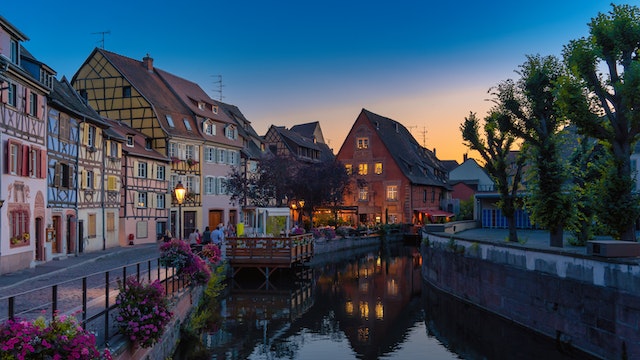
Milieux Property helps expats and international buyers purchase, redesign, and renovate properties in France.
- +33 (0) 671453268
- info@milieuxproperty.com
It’s hard not to daydream about having your own little slice of paradise in France, but are your daydreams being interrupted by questions of how to go about it? One of the most common questions we get as buyer’s agents is, “can I borrow money for a house in France as a non-resident?” A lot of people assume this is where their dream might not become a reality, but the answer is yes, you can borrow money in France as a non-resident. Not only that, but it can be a relatively simple process provided you have the right team in place.
There are a few things you can do to prepare for the borrowing process.
French banks offer mortgages in France for foreigners, however, to mitigate the possible risks involved in lending to non-residents, there are a few additional requirements you may need to fulfill.
These may include:

The best way to be approved for a loan is through a French mortgage broker who works with multiple French banks, giving you the highest chance of being approved. Milieux Property can provide you with an English-speaking broker who has extensive experience with international buyers. This will be especially helpful if you’re self-employed or not a European Union resident. They can do the mortgage research on your behalf and find you the best deal possible, and also advise you on how to best fill out the application and prepare your documents so that you have the greatest chance of approval.
In order to get an official mortgage offer from a lender, you and the property seller will need a signed and completed sales agreement. You will need to prove to the bank that you can afford the loan and ensure the value of the property supports your requested mortgage amount.
After this, the underwriting stage will commence. Once complete, your mortgage offer will be issued with an 11 day cooling-off period, after which you can sign your agreement.
The release of funds can take up to 14 weeks for non-residents. Keep this timeframe in mind during the process so timelines you may be working with aren’t affected.
Once your notaire receives the funds from the lender, you will sign the final sales agreement and the property is officially yours!

With some of the lowest interest rates in Europe, you might find your budget going that little bit further in France.
Like in most countries, the amount of money you can borrow depends on your income and existing expenses.
Some lenders may let you borrow 50% – 60% of the property’s value, depending on which country you are from.
Interest rates on mortgages in France are still very low and banks continue to push home loan lending to nationals, expats, and foreign investors. Currently, in France, interest rates are fixed for 20 years at around 2.5% which is significantly lower than the rest of Europe, the UK, the USA, and Australia.
As with all mortgages, there are administrative fees that you’ll need to consider too. These can include:
The main takeaway is that you need the right team around you when entering the process of borrowing money in France. Milieux Property can arrange a great broker for you who will hold your hand throughout the entire process.
Contact us any time at info@milieuxproperty.com for more information or to start your property journey in France.
While you’re here, check out some of our other blog posts:

Milieux Property helps expats and international buyers purchase, redesign, and renovate properties in France.
One Response
Hello. I’m looking to buy an apartment in France and I’ve been told by the real estate agents I’ve been working with that I’ll have better luck if I have an assessment of my ability to take out a loan to cover the whole mortgage to present to the owner. I’m looking to have than assessment by next week because I will be visiting France to view properties. I’m obviously not expecting a full breakdown of my prospects but being able to give the owners of these properties some assurance that my financial means are aligned with my budget would be a great help.